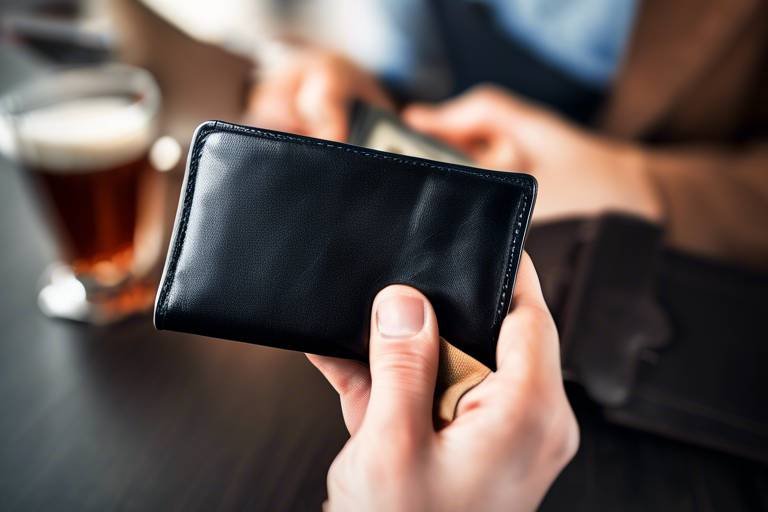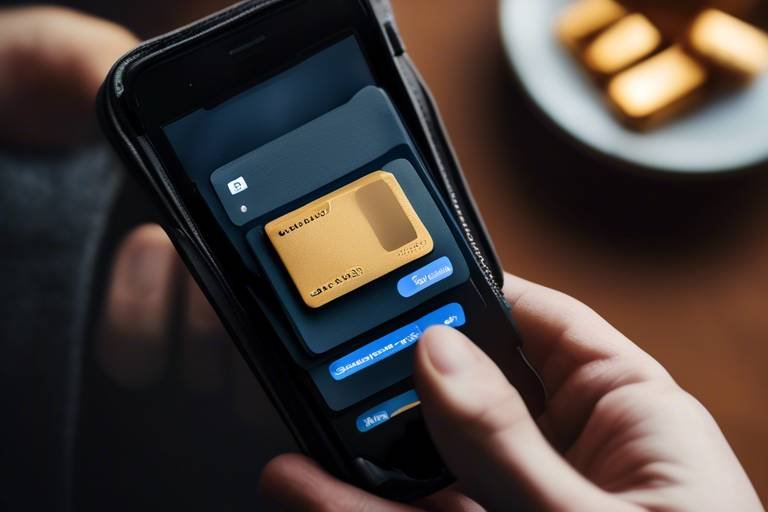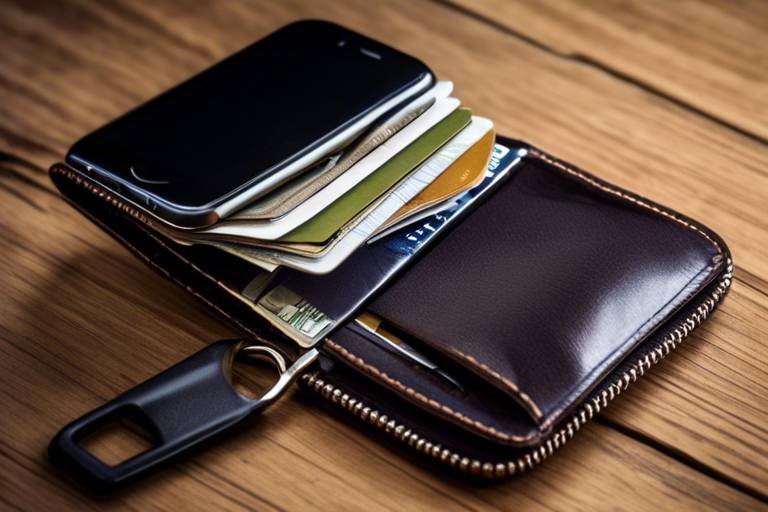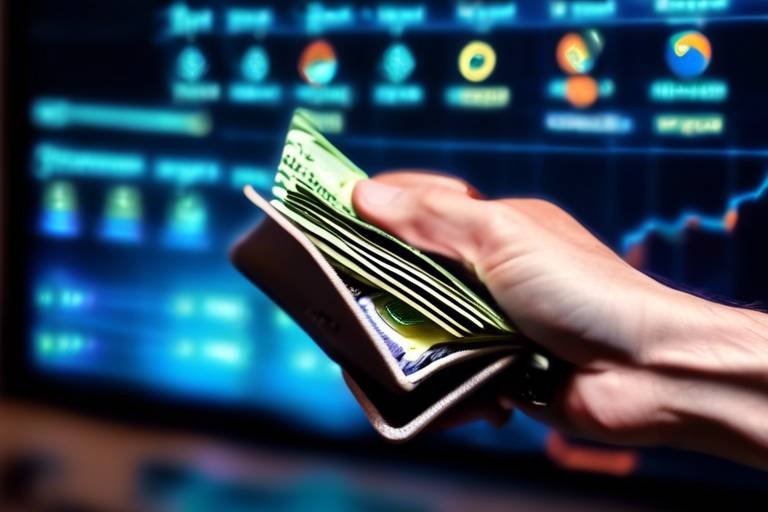The Benefits of Using Decentralized Wallets in Trading
In the rapidly evolving world of cryptocurrency, the importance of secure and efficient trading mechanisms cannot be overstated. As traders seek to maximize their profits while minimizing risks, decentralized wallets have emerged as a game-changer. These wallets not only enhance the security of transactions but also provide users with unparalleled control over their assets. This article delves into the myriad advantages of using decentralized wallets in trading, shedding light on how they can transform your trading experience.
One of the standout benefits of decentralized wallets is their enhanced security features. Unlike traditional wallets, which often rely on centralized servers that are vulnerable to hacks, decentralized wallets utilize advanced encryption techniques and robust private key management. This means that your assets are protected from unauthorized access, giving you peace of mind as you engage in trading activities. Imagine your funds being locked away in a vault that only you have the key to—this is the essence of security that decentralized wallets provide.
With decentralized wallets, users enjoy full control over their assets. This control is crucial in today's trading landscape, where third-party custodians can pose significant risks. By eliminating the middleman, you ensure that only you can access your funds, safeguarding them from potential losses due to external mismanagement or hacks. It’s like having a personal safe where you are the sole keeper of the key—empowering and liberating!
Owning your private keys is a fundamental aspect of decentralized wallets. This ownership allows you to manage your funds independently, without relying on external services or platforms. In a world where digital assets are increasingly becoming targets for cybercriminals, having control over your private keys is akin to having a shield against potential threats. You are not just a user; you are the master of your financial destiny.
However, it’s essential to understand the implications of losing access to your private keys. Losing your keys can result in the permanent loss of funds, which emphasizes the importance of secure key management practices. Consider your private keys as the password to your digital bank account; if you forget it, there’s no way to retrieve your funds. Thus, adopting best practices for key management is vital for any user of decentralized wallets.
Fortunately, many decentralized wallets offer backup and recovery options. These features enable users to restore access to their funds in case of accidental key loss or device failure. By creating a backup, you can ensure that you are not left stranded in the event of a mishap. Think of it as having a spare key for your house—always a good idea for peace of mind!
Another compelling advantage of decentralized wallets is their ability to enhance user privacy and anonymity. Traditional financial systems often require extensive personal information, which can be a concern for privacy-conscious traders. In contrast, decentralized wallets minimize personal data collection and allow for anonymous transactions. This level of privacy is not just a luxury; it’s a necessity for those who value their financial freedom.
Trading with decentralized wallets can lead to significantly lower transaction fees. This cost-effectiveness arises from the absence of intermediaries, which means that more of your money goes towards your trades rather than fees. Imagine being able to keep more of your earnings simply by choosing a different trading method—this is the financial benefit that decentralized wallets bring to the table.
When you compare the fee structures of centralized exchanges with decentralized wallets, the savings potential becomes evident. Centralized exchanges often impose hefty fees for transactions, withdrawals, and even deposits. On the other hand, decentralized wallets typically feature lower fees, making them a more attractive option for traders looking to maximize their profits. Here's a quick comparison:
| Type | Typical Fees |
|---|---|
| Centralized Wallets | 1.5% - 3% per transaction |
| Decentralized Wallets | 0.1% - 0.5% per transaction |
The reduction in fees can significantly influence trading strategies. With lower costs, traders can afford to engage in more frequent transactions, optimizing their investment approaches without the burden of high costs. This flexibility allows for more dynamic trading strategies, enabling users to seize opportunities as they arise without worrying about excessive fees cutting into their profits.
Decentralized wallets are often designed to support a variety of cryptocurrencies and platforms. This interoperability provides users with the flexibility to trade across multiple exchanges seamlessly. Imagine being able to hop from one marketplace to another, taking advantage of the best prices and opportunities without any hassle—this is the convenience that decentralized wallets offer.
The ability to engage in cross-chain trading enhances market access, allowing users to capitalize on opportunities across different blockchain networks without restrictions. This capability can be a game-changer for traders looking to diversify their portfolios and explore new markets.
Decentralized wallets also enable users to participate in DeFi applications, unlocking additional trading opportunities and financial services directly from their wallets. This integration opens up a new world of possibilities, allowing traders to lend, borrow, and earn interest on their assets—all from the comfort of their decentralized wallet.
- What is a decentralized wallet? A decentralized wallet is a type of cryptocurrency wallet that allows users to store and manage their digital assets without relying on a central authority.
- Are decentralized wallets safe? Yes, decentralized wallets offer enhanced security features, such as private key ownership and advanced encryption, making them safer than traditional wallets.
- What happens if I lose my private keys? Losing your private keys can result in the permanent loss of your funds, which is why secure key management practices are essential.
- How do decentralized wallets reduce transaction fees? Decentralized wallets eliminate intermediaries, which significantly lowers transaction costs compared to centralized exchanges.
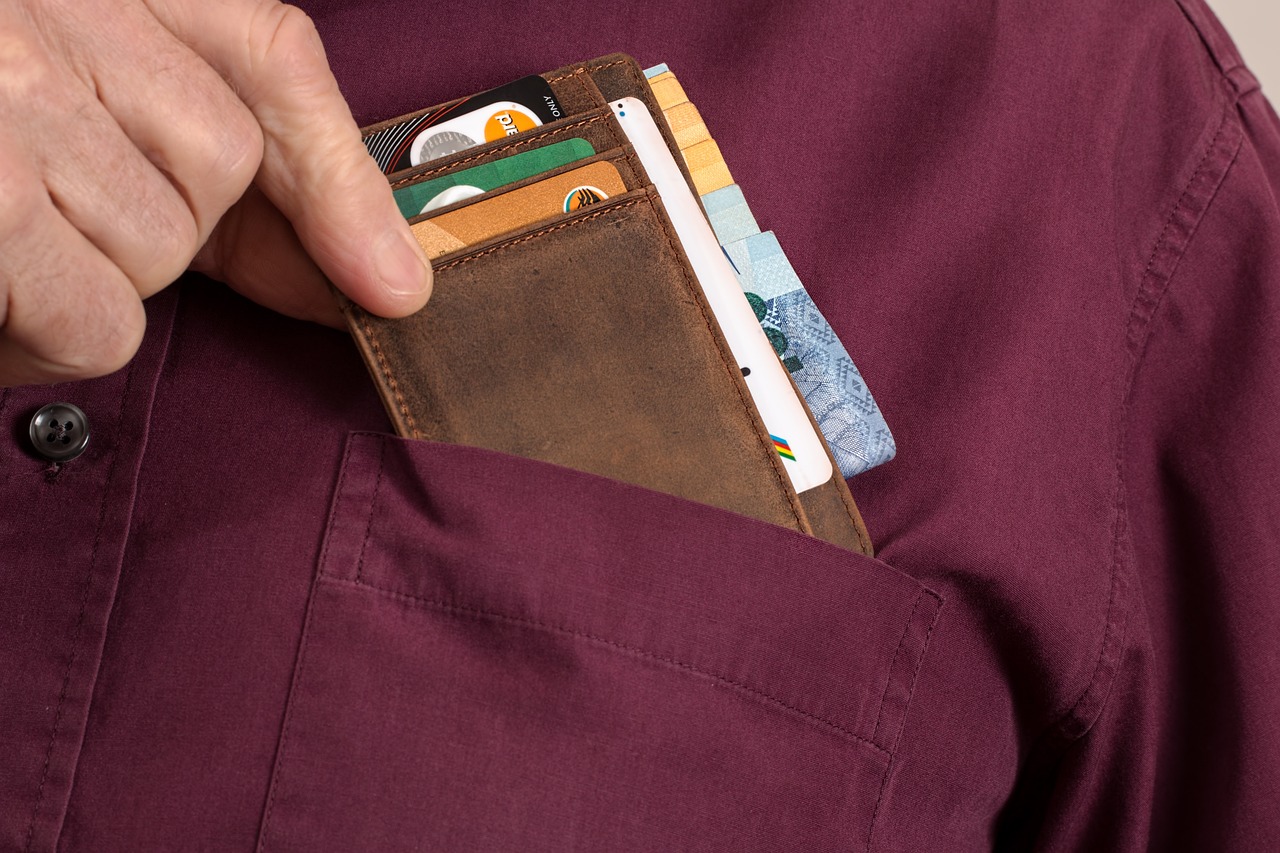
Enhanced Security Features
When it comes to trading, security is paramount. Decentralized wallets stand out as a fortress for your digital assets, offering enhanced security features that traditional wallets simply can't match. Think of them as your personal bank vault, but without the bank. These wallets utilize advanced encryption techniques and robust private key management to protect your funds from hacks and unauthorized access. This means that your assets are not just sitting in a digital wallet; they are locked away in a secure environment that only you can access.
One of the most critical aspects of decentralized wallets is their ability to keep your private keys safe. Unlike centralized exchanges that hold your keys for you, decentralized wallets allow you to be the sole custodian of your keys. This is akin to having the only copy of a treasure map—the moment you lose it, your treasure is gone forever. Therefore, it’s essential to understand the implications of key management. If you lose access to your private keys, you risk permanently losing your funds. This highlights the importance of adopting secure key management practices, such as:
- Using hardware wallets for offline storage
- Creating strong, unique passwords
- Regularly backing up your wallet data
Moreover, decentralized wallets often provide users with various backup and recovery options. This feature is a lifesaver in situations where you might accidentally lose your keys or experience a device failure. With these options, you can restore access to your funds quickly, ensuring that your trading activities remain uninterrupted. It’s like having a spare key for your house—if you misplace the original, you still have a way back in.
Ultimately, the enhanced security features of decentralized wallets not only protect your assets but also foster a sense of trust and control. In a world where cyber threats are becoming increasingly sophisticated, having a wallet that prioritizes security is not just a luxury; it’s a necessity for any serious trader. By opting for a decentralized wallet, you are taking a significant step toward safeguarding your financial future.
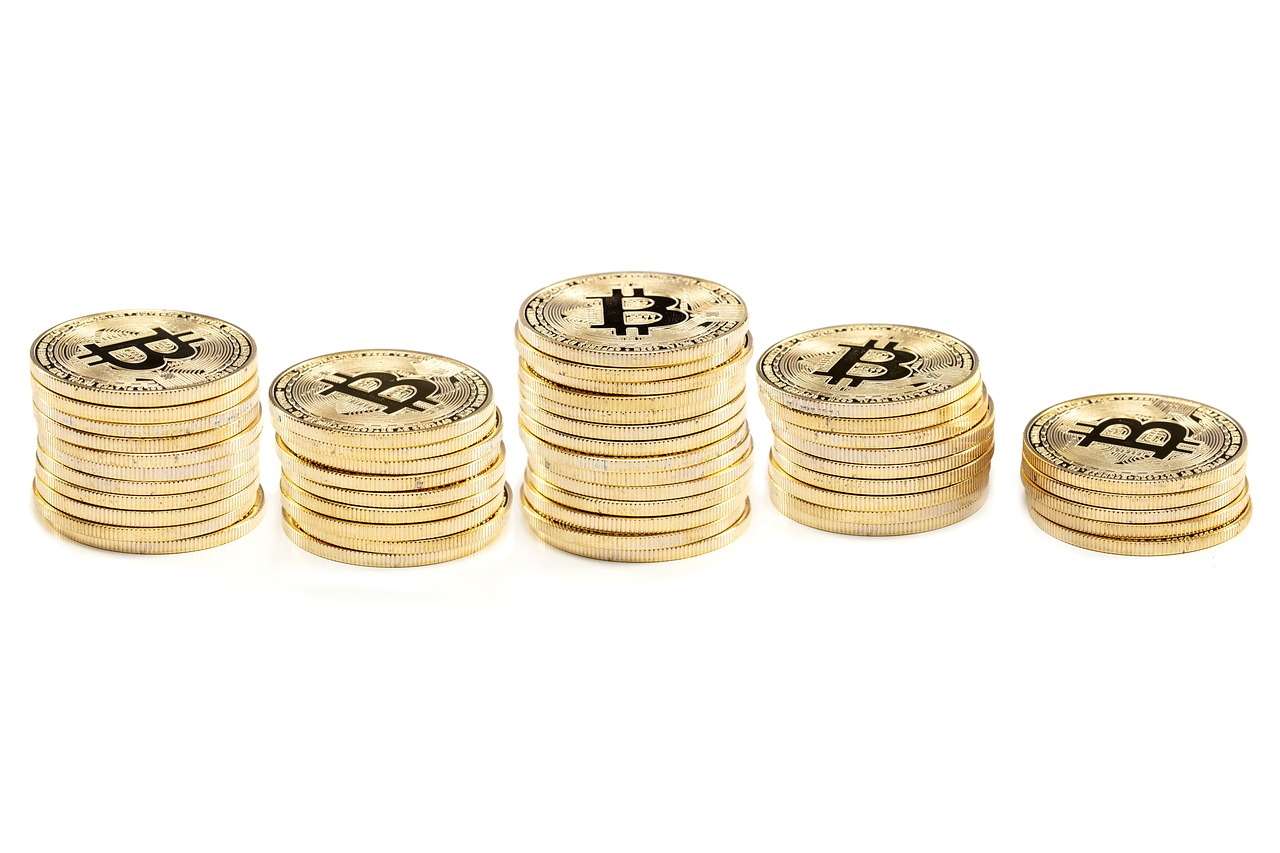
Full Control Over Assets
When it comes to managing your finances, having full control over your assets isn't just a luxury—it's a necessity. With decentralized wallets, users are empowered to take charge of their funds in a way that traditional wallets simply cannot offer. Imagine being the captain of your own ship, navigating the vast ocean of cryptocurrency without relying on a third party to steer the helm. This level of autonomy not only enhances your trading experience but also provides peace of mind knowing that your assets are securely in your hands.
One of the most significant advantages of using decentralized wallets is the elimination of third-party custodians. In traditional finance, you often have to trust banks or exchanges to hold your funds, which can lead to potential risks such as hacks, insolvency, or even regulatory issues. With decentralized wallets, you are the sole custodian of your assets. This means that no one else can access your funds unless you grant them permission. You hold the keys to your kingdom, quite literally!
At the heart of decentralized wallets is the concept of private keys. These keys are your unique identifiers that allow you to access and manage your cryptocurrency. Think of them as the secret password to your treasure chest. If you possess the private keys, you have complete control over your funds. On the flip side, if you lose these keys, you risk losing access to your assets forever. This aspect underscores the importance of secure key management practices. It’s like having a safe where you store your most valuable possessions; you wouldn’t want to misplace the combination!
Losing access to your private keys can be a devastating experience, akin to losing a winning lottery ticket. Unfortunately, there’s no customer support hotline to call for help. This emphasizes the need for users to adopt diligent practices in managing their keys. Consider using hardware wallets or secure password managers to store your keys safely. Remember, with great power comes great responsibility!
Fortunately, many decentralized wallets come equipped with backup and recovery options. This feature acts as a safety net, allowing you to restore access to your funds in case of accidental key loss or device failure. It's like having a spare key to your house; if you lock yourself out, you have a backup plan. Most wallets will generate a recovery phrase when you set them up, which you can use to regain access to your wallet if needed. However, it’s crucial to store this phrase securely, as anyone with access to it can control your assets.
In summary, using decentralized wallets grants users unparalleled control over their assets. By owning private keys, you eliminate the risks associated with third-party custodians, ensuring that your funds remain secure and accessible only to you. Just remember to prioritize the security of your keys and utilize backup options to safeguard your investments. In the world of cryptocurrency trading, having control over your assets is not just an advantage—it's essential.
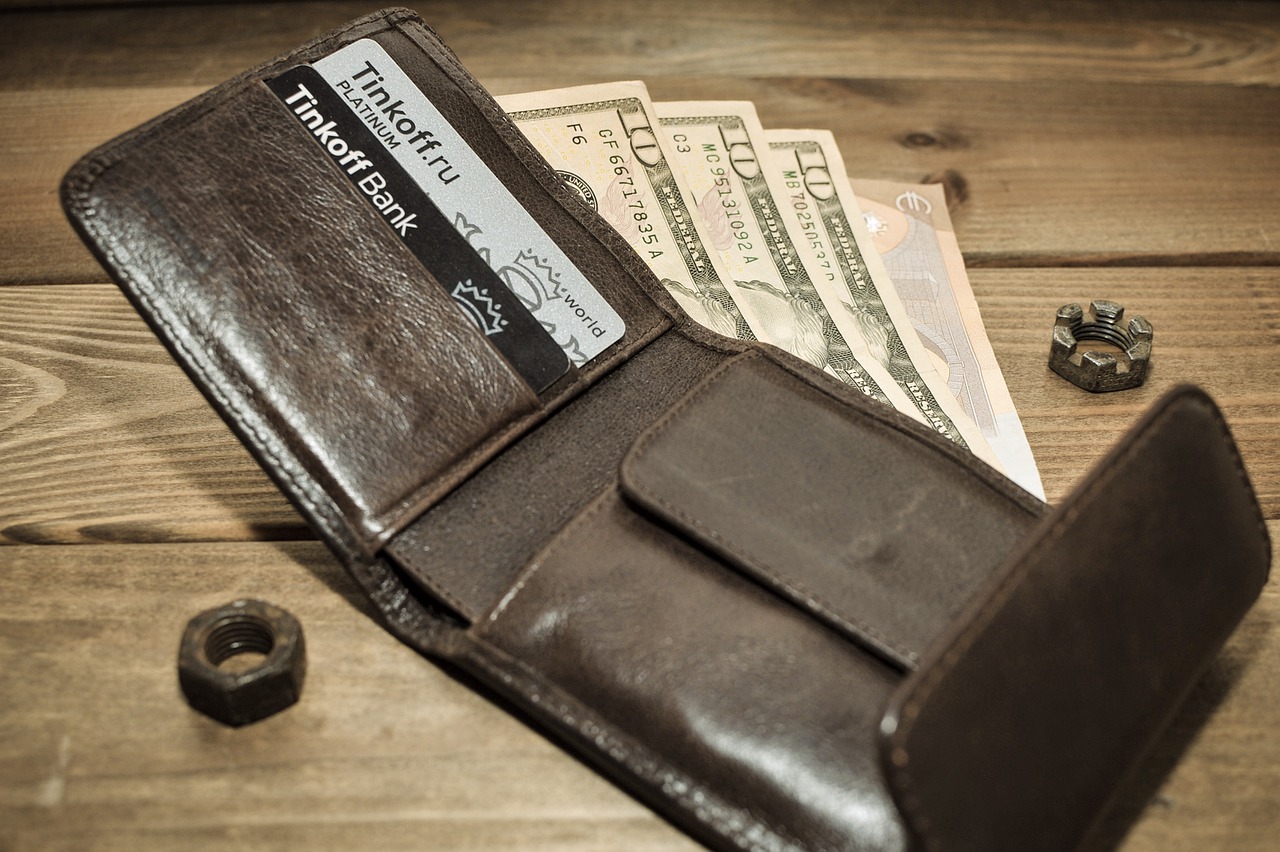
Ownership of Private Keys
When it comes to decentralized wallets, the phrase “not your keys, not your coins” rings truer than ever. The ownership of private keys is the cornerstone of security in the world of cryptocurrency. Unlike traditional banking systems where a bank holds your funds and associated keys, decentralized wallets empower users to take full control of their assets by managing their own private keys. This independence is a double-edged sword; it offers unparalleled security but also necessitates a heightened sense of responsibility.
Imagine your private key as the key to a treasure chest. If you have it, you can access your treasure (your cryptocurrency). However, if you lose that key, the treasure is locked away forever. This analogy highlights the importance of safeguarding your private keys. With decentralized wallets, you are the sole custodian of these keys, which means that no one else can access your funds without your permission. This is a significant departure from centralized systems where you might have to trust a third party to manage your assets.
Moreover, owning your private keys means you can execute transactions without needing to go through an intermediary. This not only enhances your security but also increases the speed of transactions. In a world where every second counts, being able to send and receive funds instantly is a notable advantage. However, it's essential to employ secure key management practices. Here are some tips to help you keep your private keys safe:
- Use Hardware Wallets: These are physical devices that store your private keys offline, providing an extra layer of security.
- Enable Two-Factor Authentication: This adds an additional step to your security, making it harder for unauthorized users to access your wallet.
- Regular Backups: Always keep a backup of your wallet and private keys in a secure location to avoid loss.
In summary, the ownership of private keys in decentralized wallets is not just a technical detail; it’s a fundamental aspect that defines your relationship with your assets. It grants you the power to manage your wealth but also demands a commitment to safeguarding that power. Remember, with great power comes great responsibility. As you navigate through the world of trading and cryptocurrency, understanding the implications of private key ownership will undoubtedly enhance your overall trading experience.
- What happens if I lose my private keys? Losing your private keys can result in the permanent loss of access to your funds. It is crucial to implement secure backup practices.
- Can I recover my funds if I lose access to my wallet? If you have a backup of your wallet or seed phrase, you can recover your funds. Always keep this information in a secure place.
- Are decentralized wallets completely safe? While decentralized wallets offer enhanced security, they are not immune to risks. Users must take proactive measures to protect their private keys.
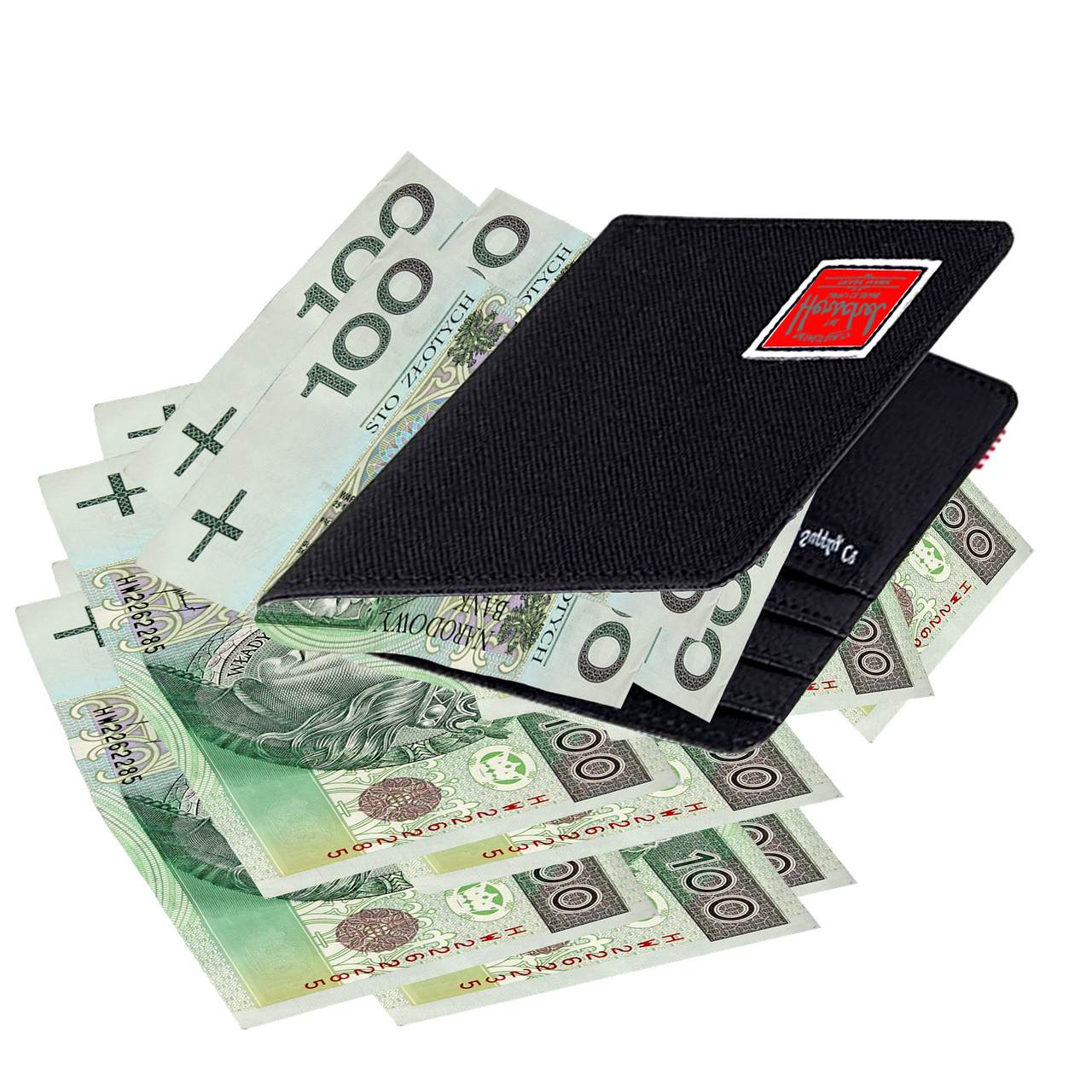
Implications of Key Loss
Imagine waking up one day and realizing that your entire life savings have vanished into thin air. This nightmare scenario can become a reality for users of decentralized wallets if they lose access to their private keys. Unlike traditional banking systems where recovery options are available, decentralized wallets operate on a different paradigm. The ownership of private keys means that you are solely responsible for the security of your assets. If those keys are lost, there is no customer service hotline to call, no bank manager to plead with, and certainly no way to retrieve your funds.
The implications of losing your private keys are profound. Not only does it mean losing access to your cryptocurrency, but it can also lead to a sense of helplessness and frustration. Many users underestimate the critical nature of key management, often treating it casually. However, the reality is that without your private keys, your assets are effectively locked away forever, akin to a safe that you’ve forgotten the combination to.
To put this risk into perspective, consider the following:
- Permanent Loss: Once the private keys are gone, your funds are irretrievable. Unlike a bank where you can reset your password, in the world of decentralized wallets, there is no reset button.
- No Recourse: There are no regulatory bodies or institutions that can intervene on your behalf. You are the sole custodian of your assets.
- Psychological Impact: Losing access to your funds can lead to significant stress and anxiety, especially if a considerable amount of money is involved.
To mitigate these risks, it’s crucial to adopt secure key management practices. This includes:
- Backing Up Your Keys: Always keep a secure backup of your private keys in multiple locations, such as a hardware wallet or a secure physical location.
- Using Password Managers: Consider using a reputable password manager to store your keys securely, ensuring they are encrypted and safe from unauthorized access.
- Educating Yourself: Stay informed about best practices in key management and the latest security measures to protect your assets.
In conclusion, the implications of key loss in decentralized wallets are severe and can lead to irreversible consequences. The responsibility lies solely with the user, making it essential to prioritize the security of your private keys. By implementing robust management practices, you can safeguard your assets and enjoy the benefits of decentralized trading without the looming fear of loss.
Q1: What happens if I lose my private keys?
A1: If you lose your private keys, you will permanently lose access to your cryptocurrency stored in that wallet. There is no way to recover them.
Q2: How can I securely back up my private keys?
A2: You can back up your private keys by storing them in a secure password manager, writing them down and keeping them in a safe location, or using a hardware wallet.
Q3: Are there any tools to help manage private keys?
A3: Yes, there are various tools and software available designed specifically for managing private keys securely, including hardware wallets and encrypted digital storage solutions.
Q4: Can I recover my funds if I forget my private key?
A4: No, if you forget or lose your private key, there is no way to recover your funds. This is why it is crucial to keep your keys safe and backed up.
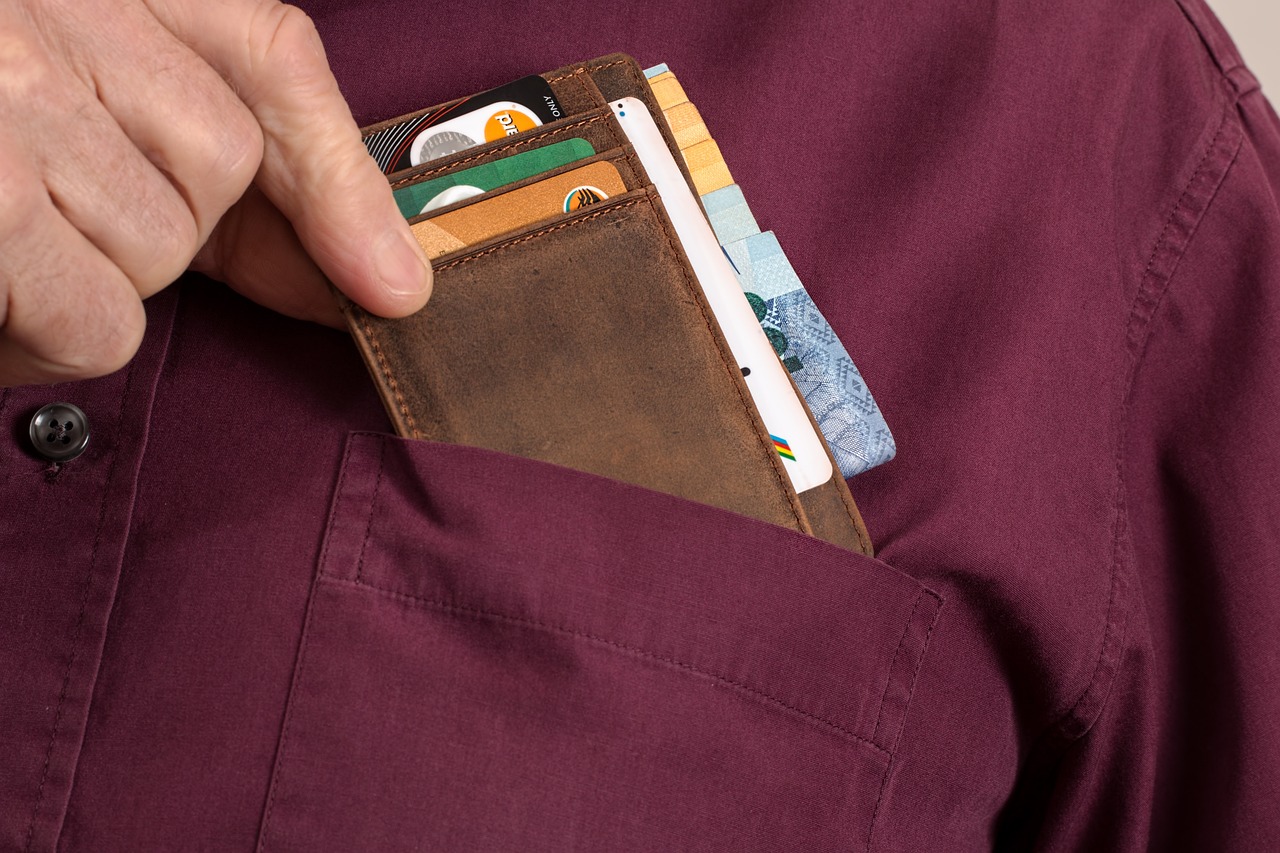
Backup and Recovery Options
When it comes to using decentralized wallets, one of the most critical aspects that users often overlook is the . Imagine losing access to your funds simply because you forgot a password or lost your device. It's a nightmare scenario that can lead to the permanent loss of your hard-earned assets. Fortunately, decentralized wallets come equipped with various methods to safeguard your access to funds, ensuring that even if you encounter a mishap, you have a way to recover your assets.
Most decentralized wallets provide users with a seed phrase, which is a series of words generated during the wallet setup process. This seed phrase acts as a master key, allowing you to restore your wallet on any compatible platform. It’s crucial to store this phrase securely—think of it as the key to your treasure chest. If someone else gets hold of it, they can unlock your funds, but if you lose it, you could be locked out forever.
In addition to the seed phrase, many wallets offer options for encrypted backups. Users can create a backup file that contains their wallet data, which can be stored on external drives or cloud storage services. However, this method requires a bit more caution; it’s essential to ensure that the backup is encrypted and that you use a secure environment to access it. Think of it like keeping your valuables in a safe—it’s not just about having a safe; it’s about making sure no one else can access it.
Moreover, some advanced decentralized wallets offer multi-signature features for added security. This means that multiple keys are required to authorize a transaction, providing an extra layer of protection. If you’re trading significant amounts, this could be a game-changer. Just like requiring multiple keys to open a safe deposit box, multi-signature wallets ensure that no single point of failure can jeopardize your assets.
Ultimately, the responsibility for backup and recovery lies with the user. It’s essential to develop a backup strategy that works for you. Here are some tips to consider:
- Write down your seed phrase and store it in a secure place.
- Consider using a password manager to keep your backup files safe.
- Regularly review your backup options and ensure they are up to date.
In summary, understanding the backup and recovery options available in decentralized wallets is crucial for anyone looking to trade securely. By taking the time to set up these safeguards, you can enjoy peace of mind knowing that your assets are protected, even in the face of unforeseen circumstances.
- What is a seed phrase? A seed phrase is a series of words that can be used to recover your wallet and access your funds.
- How should I store my seed phrase? Store it securely, such as writing it down and keeping it in a safe place, away from prying eyes.
- What happens if I lose my seed phrase? If you lose your seed phrase, you will likely lose access to your funds permanently.
- Can I recover my wallet without a seed phrase? No, the seed phrase is essential for recovery; without it, you cannot access your wallet.
- Are multi-signature wallets safer? Yes, they add an extra layer of security by requiring multiple signatures to authorize transactions.

Privacy and Anonymity
In today's digital age, where data breaches and privacy concerns are rampant, the importance of privacy and anonymity cannot be overstated. When it comes to trading, decentralized wallets shine brightly in this aspect, allowing users to conduct transactions without exposing their personal information. Unlike traditional wallets, which often require extensive personal data for account creation and verification, decentralized wallets operate on a different premise. They prioritize the user's right to privacy, enabling traders to engage in transactions with minimal data collection.
Imagine walking into a store where you can buy what you want without showing your ID or revealing your personal details. That's the kind of freedom decentralized wallets offer. They allow you to trade and manage your assets without the fear of being tracked or having your information sold to third parties. This is particularly appealing for those who value their privacy and wish to keep their financial activities discreet. With decentralized wallets, you can enjoy a sense of anonymity that traditional financial systems simply cannot provide.
Moreover, the architecture of decentralized wallets inherently supports anonymity. When you make a transaction, it is recorded on the blockchain, but your identity remains obscured behind a string of numbers and letters—your wallet address. This means that while transactions are transparent and verifiable, the identity of the trader remains hidden. This unique feature not only protects users from potential fraud but also shields them from unwanted attention.
However, it is essential to understand that while decentralized wallets provide enhanced privacy, users must still exercise caution. Here are a few key points to consider:
- Use Strong Passwords: Always secure your wallet with a robust password to prevent unauthorized access.
- Be Cautious with Public Wi-Fi: Avoid accessing your wallet over unsecured networks, as they can expose you to security risks.
- Regularly Update Software: Keep your wallet software up to date to protect against vulnerabilities.
In conclusion, if you’re a trader who values privacy and anonymity, decentralized wallets offer a compelling solution. They not only safeguard personal information but also empower users to trade freely in a secure environment. With the increasing importance of data protection, opting for a decentralized wallet could be one of the best decisions you make in your trading journey.
1. What is a decentralized wallet?
A decentralized wallet is a type of cryptocurrency wallet that allows users to store and manage their digital assets without relying on a central authority or third-party service. This means users have full control over their funds and private keys.
2. How do decentralized wallets ensure privacy?
Decentralized wallets enhance privacy by minimizing the amount of personal information required for account creation and by allowing transactions to be conducted anonymously on the blockchain.
3. Can I lose my funds if I lose access to my private keys?
Yes, losing access to your private keys can result in the permanent loss of your funds, which is why it's crucial to implement secure key management practices.
4. Are there any fees associated with decentralized wallets?
While decentralized wallets typically have lower transaction fees compared to centralized exchanges, users may still encounter network fees that vary depending on the blockchain used.
5. Can I use a decentralized wallet for DeFi applications?
Yes, many decentralized wallets support integration with decentralized finance (DeFi) applications, allowing users to access various financial services directly from their wallets.
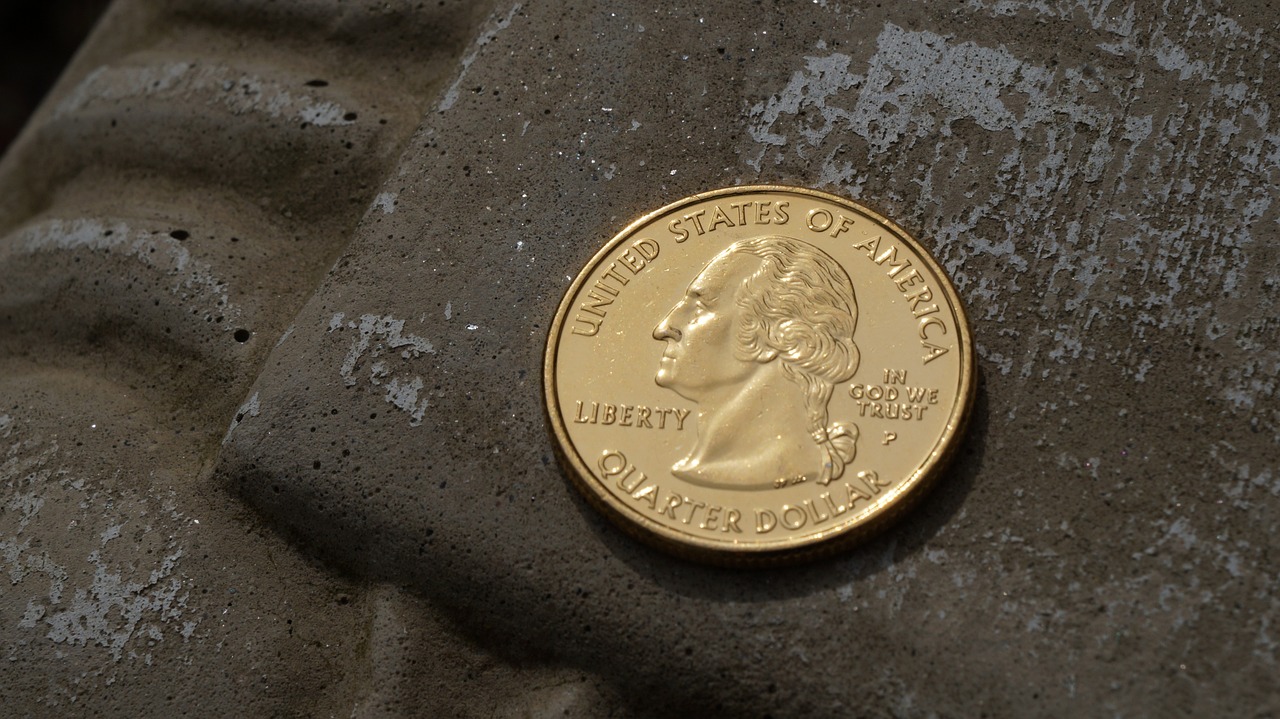
Lower Transaction Fees
When it comes to trading, one of the most significant factors that can affect your profits is the transaction fees. With decentralized wallets, traders often find themselves enjoying a breath of fresh air as these wallets typically come with compared to traditional centralized exchanges. Why is this the case? Well, it boils down to the absence of intermediaries. In a centralized exchange, a third party manages your trades, and they often charge hefty fees for their services. However, with decentralized wallets, you’re cutting out the middleman, which can lead to substantial savings.
Imagine you’re at a marketplace where every transaction you make incurs a toll. If you were to bypass that toll booth, you’d save a significant amount of money over time. That’s exactly what decentralized wallets allow you to do. By utilizing blockchain technology, these wallets facilitate peer-to-peer transactions that are not only faster but also cheaper. For instance, while centralized exchanges might charge anywhere from 0.1% to 1% per trade, decentralized wallets often have fees that are significantly lower, sometimes even negligible.
To give you a clearer picture, let’s take a look at a comparison of transaction fees:
| Type of Platform | Average Transaction Fee |
|---|---|
| Centralized Exchange | 0.1% - 1% |
| Decentralized Wallet | 0.01% - 0.5% |
This table clearly illustrates the potential savings you could enjoy by opting for a decentralized wallet. Not only does this lower fee structure make trading more accessible, but it also encourages traders to engage in more frequent transactions. Think about it: with lower costs, you can execute more trades without the constant worry of eroding your profits through high fees. This flexibility can lead to better trading strategies, allowing for quick adjustments based on market conditions.
Moreover, these lower transaction fees can have a ripple effect on your overall trading strategy. It allows you to take advantage of market fluctuations more readily. Imagine being able to buy the dip or sell at a peak without the anxiety of high fees cutting into your profits. This increased agility in trading can be a game-changer for both novice and experienced traders alike.
In conclusion, the benefits of lower transaction fees associated with decentralized wallets are clear. They not only save you money but also provide you with the freedom to trade more actively and strategically. As the trading landscape continues to evolve, embracing decentralized wallets could be one of the smartest moves you make in your trading journey.
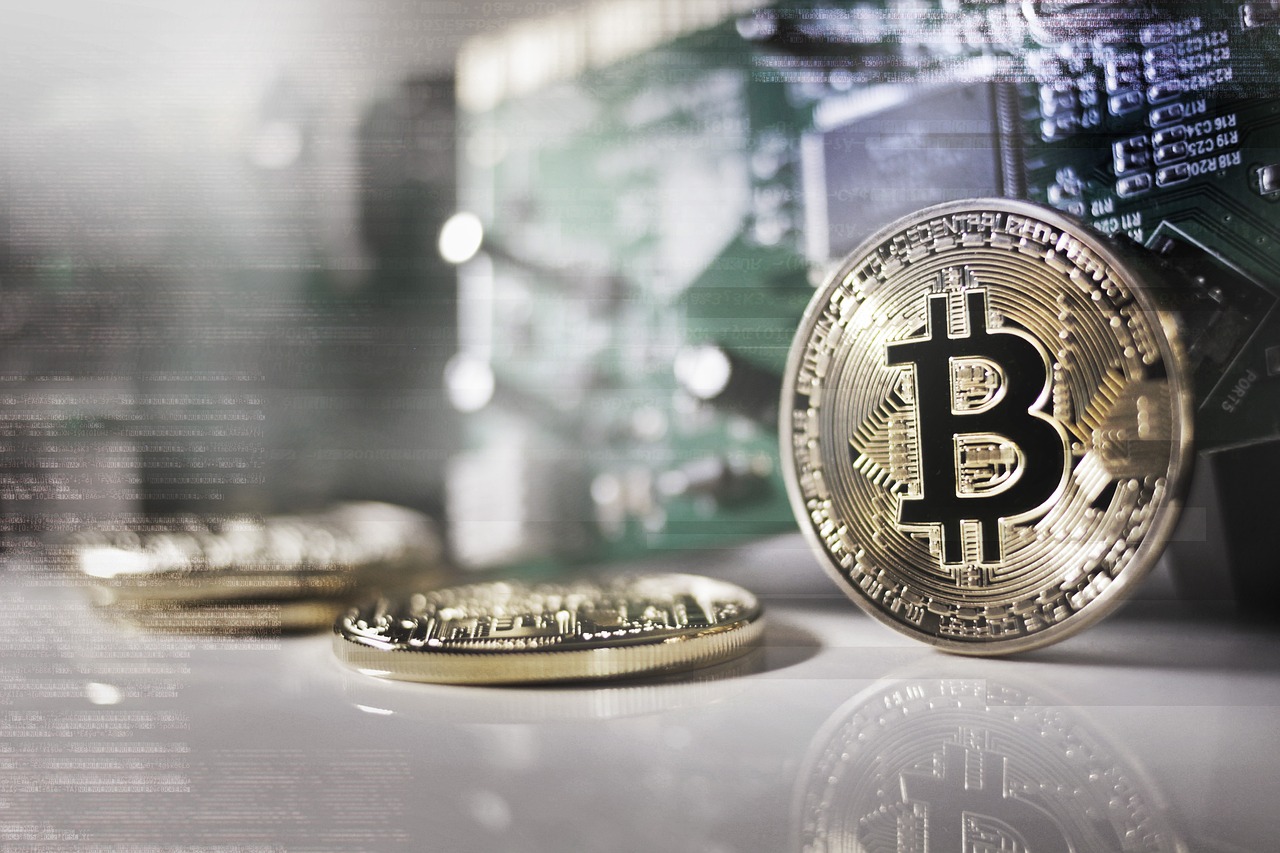
Comparison with Centralized Fees
When diving into the world of cryptocurrency trading, one of the most significant factors traders consider is the cost of transactions. Centralized exchanges often impose various fees, including trading fees, withdrawal fees, and deposit fees, which can quickly add up and eat into your profits. In contrast, decentralized wallets typically offer a more cost-effective solution. The absence of intermediaries in decentralized trading means that users can enjoy lower transaction fees, which can be a game-changer for frequent traders.
To illustrate this point, let’s take a closer look at the fee structures:
| Fee Type | Centralized Exchange | Decentralized Wallet |
|---|---|---|
| Trading Fees | 0.1% - 0.5% | 0% - 0.1% |
| Withdrawal Fees | $5 - $30 | Variable (often lower) |
| Deposit Fees | Varies (often 1% - 3%) | None |
As you can see from the table, the difference in costs can be substantial. In a centralized exchange, even a small trading fee of 0.2% can add up significantly over time, especially for active traders who execute multiple transactions daily. For instance, if you were to trade $10,000 worth of assets with a 0.2% trading fee, you would pay $20 for that single trade. If you were to make 10 trades in a day, that would amount to $200 just in trading fees!
On the other hand, using a decentralized wallet, you could potentially reduce or eliminate these fees. This lower cost structure not only makes trading more affordable but also allows traders to implement more robust strategies without the constant worry of high fees cutting into their margins. Imagine being able to execute your trading strategy more frequently, all while keeping more of your profits in your pocket!
Moreover, the impact of lower fees extends beyond just saving money. It can also influence trading strategies. With reduced transaction costs, traders can afford to take smaller positions or experiment with new strategies without the fear of incurring heavy losses due to fees. This flexibility can lead to better overall trading performance and a more enjoyable trading experience.
In summary, while centralized exchanges may offer convenience and user-friendly interfaces, the cost advantages of decentralized wallets are hard to ignore. By minimizing fees, these wallets not only enhance your trading experience but also empower you to make smarter, more strategic decisions in the ever-evolving world of cryptocurrency.
- What are decentralized wallets? Decentralized wallets are digital wallets that allow users to store and manage their cryptocurrencies without relying on a third party, ensuring greater security and control.
- Are decentralized wallets safe? Yes, decentralized wallets offer enhanced security features, including private key ownership, which reduces the risk of hacks and unauthorized access.
- How do decentralized wallets compare to centralized exchanges? Decentralized wallets typically have lower transaction fees, provide full control over assets, and enhance user privacy compared to centralized exchanges.
- Can I lose my funds in a decentralized wallet? Yes, if you lose access to your private keys, you may permanently lose access to your funds. It’s crucial to implement secure key management practices.
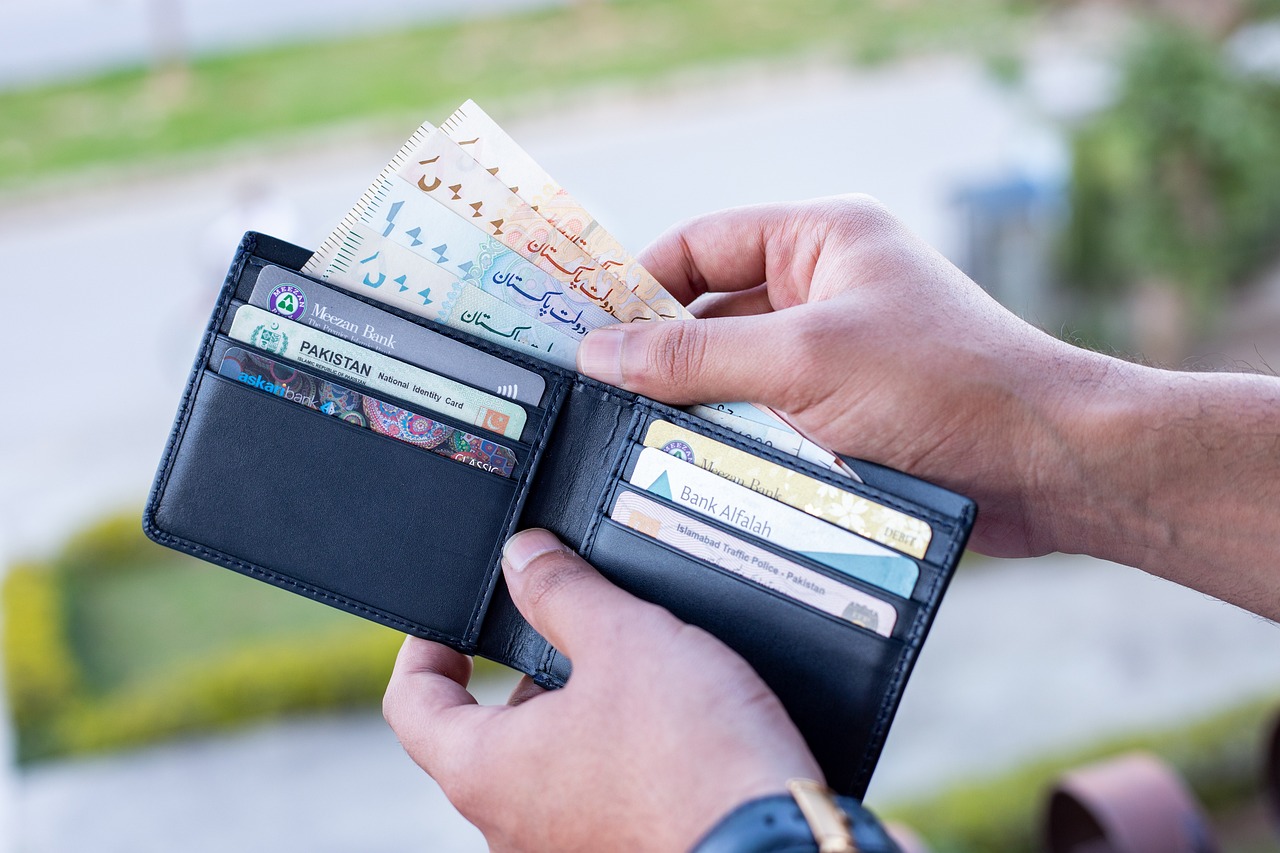
Impact on Trading Strategies
When it comes to trading, the impact of using decentralized wallets on trading strategies is nothing short of revolutionary. Imagine you're a trader sitting at your desk, ready to make your next big move. With a decentralized wallet at your fingertips, you can execute trades quickly and efficiently, without the **heavy burden of high transaction fees** that often plague centralized exchanges. This newfound financial freedom allows you to rethink your entire trading strategy.
One of the most significant changes is the ability to engage in more frequent trading. Lower fees mean that you can afford to make smaller trades without worrying about losing a chunk of your profits to transaction costs. This flexibility can lead to a more dynamic trading approach, where you can capitalize on market fluctuations and trends as they arise. Think of it as switching from a traditional car to a sports car; suddenly, you have the speed and agility to navigate the market like never before.
Moreover, decentralized wallets provide traders with the opportunity to diversify their portfolios more effectively. With the ability to trade across multiple platforms and cryptocurrencies, you can spread your investments across various assets, which can mitigate risks and enhance potential returns. This is particularly beneficial in the volatile world of cryptocurrency, where market conditions can change rapidly. The table below illustrates how utilizing a decentralized wallet can lead to strategic diversification:
| Asset Type | Centralized Wallet | Decentralized Wallet |
|---|---|---|
| Bitcoin | High Fees | Low Fees |
| Ethereum | High Fees | Low Fees |
| Altcoins | Limited Access | Wide Access |
Furthermore, the absence of intermediaries in decentralized trading platforms means that you're not just a number in a system; you are the captain of your ship. This autonomy encourages traders to develop unique strategies tailored to their individual risk tolerance and market insights. You can experiment with different trading styles, whether you're into day trading, swing trading, or even long-term holding. Each of these styles can be optimized when you know that your costs are kept to a minimum.
However, it's essential to remember that with great power comes great responsibility. The freedom that decentralized wallets offer also means that traders must be vigilant about their security practices. Without the safety net of a centralized authority, ensuring the protection of your private keys and transactions becomes paramount. This responsibility can lead to more disciplined trading habits, as traders become more aware of the risks involved.
In conclusion, the impact of decentralized wallets on trading strategies is profound. With lower fees, increased flexibility, and enhanced control over assets, traders can adapt their methods to better suit the ever-changing landscape of the cryptocurrency market. It's a game-changer that not only empowers individual traders but also fosters a more competitive trading environment overall.
- What are decentralized wallets? Decentralized wallets are digital wallets that allow users to store and manage their cryptocurrencies without the need for a third-party intermediary.
- How do decentralized wallets enhance security? They offer advanced encryption and allow users to own their private keys, reducing the risk of hacks and unauthorized access.
- Can I trade multiple cryptocurrencies with a decentralized wallet? Yes, decentralized wallets typically support various cryptocurrencies, enabling seamless trading across multiple platforms.
- What happens if I lose my private keys? Losing access to your private keys can result in permanent loss of funds, so it's crucial to implement secure key management practices.
- Are there any fees associated with decentralized wallets? While decentralized wallets generally have lower fees than centralized exchanges, users may still incur network transaction fees.
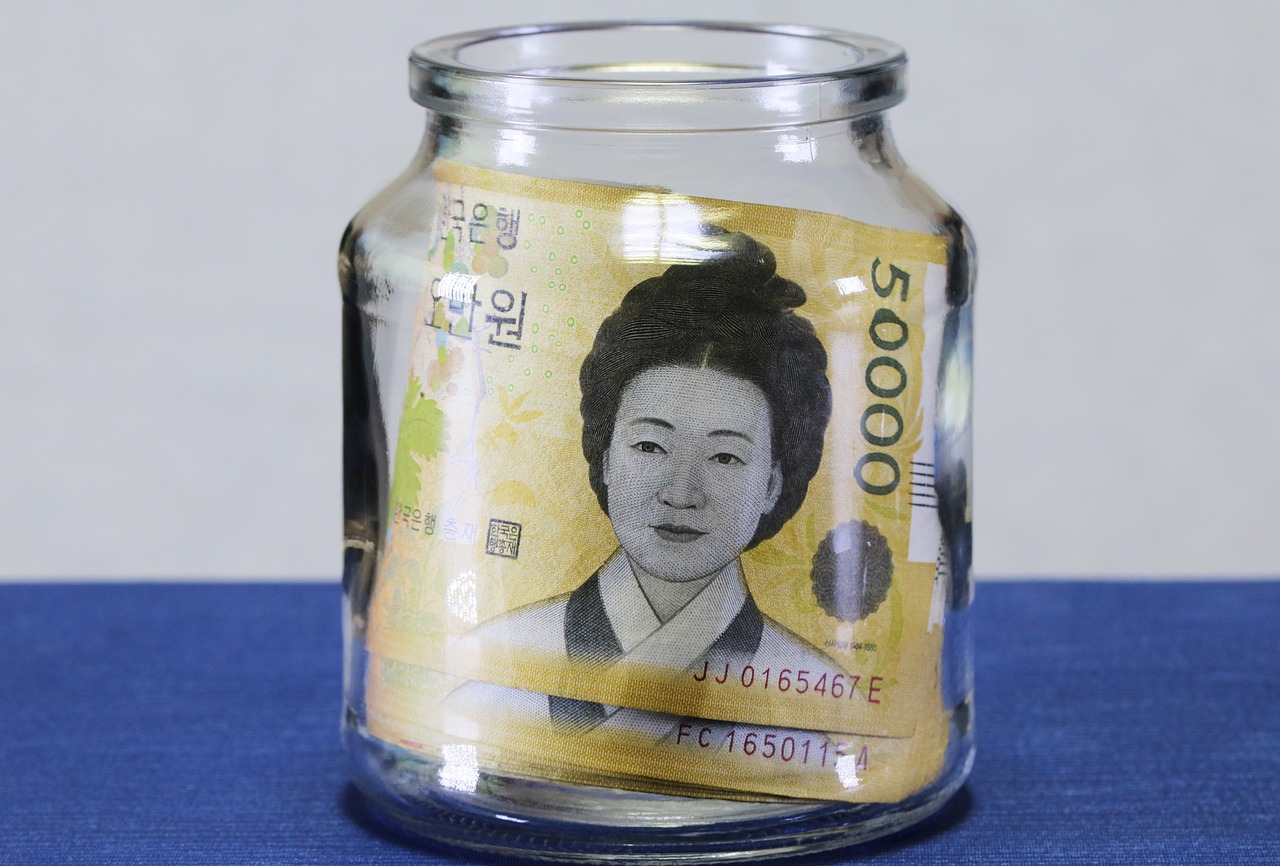
Interoperability with Multiple Platforms
One of the standout features of decentralized wallets is their remarkable . This capability allows users to interact seamlessly across various cryptocurrency exchanges and blockchain networks, which is a game-changer in the trading landscape. Imagine having a universal remote that controls all your devices; that's essentially what decentralized wallets offer in the world of digital assets. They allow traders to manage multiple cryptocurrencies and tokens without the hassle of switching between different wallets or platforms.
With decentralized wallets, users can easily trade a wide range of cryptocurrencies, from Bitcoin to Ethereum and even lesser-known altcoins, all from a single interface. This not only simplifies the trading process but also enhances the overall user experience. It’s like having a buffet where you can taste a little bit of everything without being restricted to just one dish. You can explore various trading opportunities without being confined to the limitations of a single platform.
Moreover, the ability to trade across different platforms opens up avenues for cross-chain trading. This means that users can capitalize on price discrepancies between different blockchains, enabling them to buy low on one platform and sell high on another. For instance, if Bitcoin is trading at a lower price on a decentralized exchange compared to a centralized one, a savvy trader can take advantage of this difference by executing a trade almost instantaneously. This flexibility not only enhances trading efficiency but can also lead to increased profits.
Additionally, the integration of decentralized wallets with Decentralized Finance (DeFi) applications is another significant advantage. DeFi has revolutionized the way we think about finance, offering services like lending, borrowing, and yield farming directly from your wallet. This means that users are not just limited to trading; they can also engage in various financial activities without leaving the comfort of their decentralized wallet. It's like having a financial toolkit that’s always at your fingertips, ready to help you maximize your investments.
In summary, the interoperability of decentralized wallets with multiple platforms enhances the trading experience by providing users with flexibility, efficiency, and a broader range of opportunities. As the cryptocurrency landscape continues to evolve, the importance of having a versatile wallet that can adapt to various platforms and services will only grow. Traders who embrace this technology will likely find themselves at a significant advantage in the fast-paced world of digital assets.
- What is a decentralized wallet? A decentralized wallet is a type of cryptocurrency wallet that allows users to store and manage their digital assets without the need for a central authority or intermediary.
- How do decentralized wallets enhance security? They enhance security by allowing users to maintain control over their private keys, reducing the risk of hacks and unauthorized access.
- Can I trade multiple cryptocurrencies with a decentralized wallet? Yes, decentralized wallets support a variety of cryptocurrencies, enabling users to trade across multiple platforms seamlessly.
- What are the risks of losing my private keys? Losing access to your private keys can result in the permanent loss of your funds, which is why secure key management practices are crucial.
- How do decentralized wallets integrate with DeFi? Decentralized wallets connect directly to DeFi applications, allowing users to engage in lending, borrowing, and other financial services without needing a centralized platform.
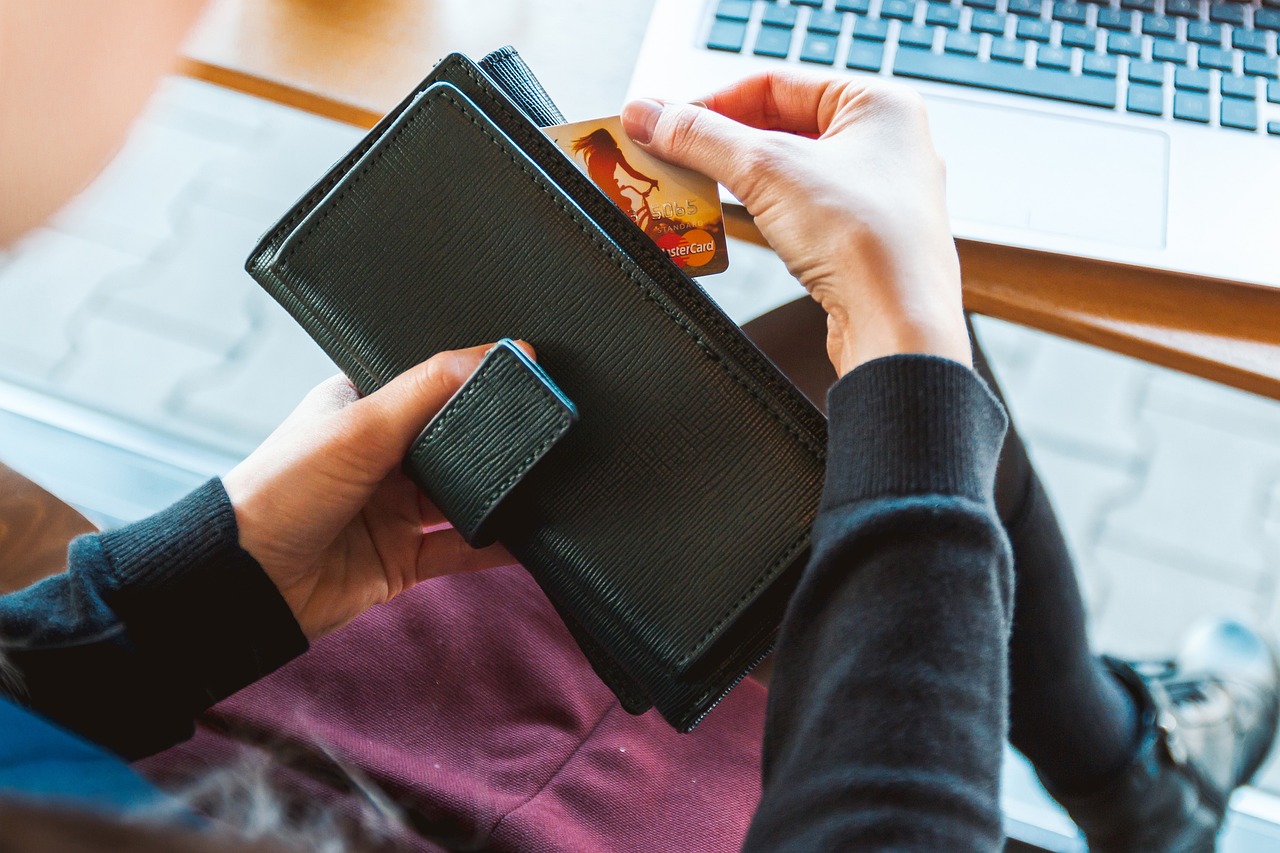
Cross-Chain Trading Capabilities
One of the most exciting features of decentralized wallets is their . Imagine being able to hop from one blockchain to another, like a skilled surfer riding the waves of different cryptocurrencies. This flexibility allows traders to seize opportunities across various platforms without being bogged down by the limitations often imposed by centralized exchanges. With decentralized wallets, you can effortlessly trade assets from different blockchains, which not only enhances your trading experience but also broadens your investment horizons.
Cross-chain trading is made possible through advanced protocols and technologies that allow different blockchains to communicate with each other. This means that you can trade Bitcoin for Ethereum, or even swap lesser-known altcoins, all from within your decentralized wallet. The beauty of this feature lies in its interoperability; it enables users to access a wider variety of assets and trading pairs, which is crucial in a market that is constantly evolving.
Moreover, the ability to engage in cross-chain trading can significantly impact your trading strategy. For instance, if you spot a promising opportunity on a different blockchain, you can act quickly without waiting for a centralized platform to facilitate the trade. This immediacy can result in better price execution and increased profitability. However, it’s important to keep in mind that while cross-chain trading opens up a world of possibilities, it also requires a good understanding of the various platforms involved.
To illustrate the advantages of cross-chain trading, consider the following table that compares the features of decentralized wallets with those of centralized exchanges:
| Feature | Decentralized Wallets | Centralized Exchanges |
|---|---|---|
| Cross-Chain Trading | Yes, allows trading across multiple blockchains | No, limited to specific assets |
| Control Over Funds | Users maintain full control | Funds are held by the exchange |
| Transaction Speed | Generally faster, no intermediaries | Dependent on exchange processing times |
| Fees | Lower due to no intermediaries | Higher, often includes trading fees |
In addition to the trading advantages, decentralized wallets also provide access to a vast ecosystem of Decentralized Finance (DeFi) applications. These platforms often leverage cross-chain technology to offer users unique financial services, such as lending, borrowing, and yield farming, directly from their wallets. By utilizing these services, you can not only trade but also maximize your assets' potential in a decentralized manner.
In conclusion, the cross-chain trading capabilities offered by decentralized wallets represent a game changer in the trading landscape. They empower users to explore new markets, diversify their portfolios, and execute trades with speed and efficiency. As the cryptocurrency space continues to grow and evolve, embracing these features can significantly enhance your trading experience.
- What is cross-chain trading? Cross-chain trading refers to the ability to trade assets across different blockchain networks.
- Why is cross-chain trading important? It allows traders to access a wider variety of assets and trading opportunities without being restricted to a single blockchain.
- How do decentralized wallets facilitate cross-chain trading? They utilize advanced protocols that enable communication between different blockchains, allowing seamless asset swaps.
- Are there risks associated with cross-chain trading? Yes, users should be aware of the complexities involved and ensure they understand the platforms they are trading on.
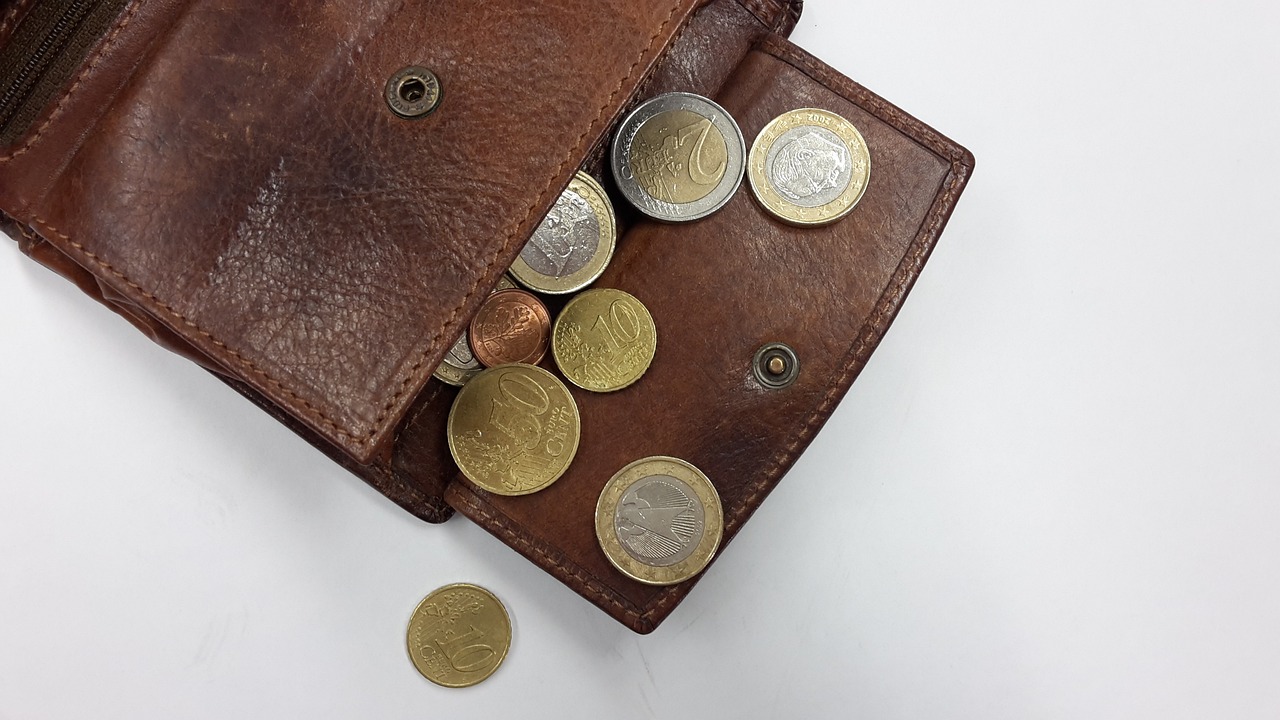
Integration with Decentralized Finance (DeFi)
Decentralized wallets are not just a secure way to store your cryptocurrencies; they also serve as gateways to the exciting world of Decentralized Finance (DeFi). Imagine being able to access a plethora of financial services directly from your wallet without needing to go through traditional banks or centralized exchanges. This integration allows users to engage in lending, borrowing, trading, and earning interest on their assets—all while maintaining full control over their funds. With DeFi, the possibilities are endless, and the barriers that once existed in the financial world are swiftly being dismantled.
One of the standout features of decentralized wallets is their ability to connect seamlessly with various DeFi platforms. This means that users can easily swap tokens, provide liquidity, or even participate in yield farming—all from the comfort of their own wallets. The user experience is enhanced significantly, as you can execute multiple transactions without the hassle of transferring funds between different platforms. This level of convenience is akin to having a financial Swiss Army knife in your pocket, ready to tackle any financial challenge that comes your way.
Furthermore, the integration with DeFi opens up a world of opportunities for users to maximize their returns. For example, by utilizing decentralized lending platforms, users can lend their assets to others and earn interest, often at rates that far exceed those offered by traditional banks. Alternatively, they can borrow against their crypto holdings, allowing them to access liquidity without selling their assets. This flexibility is a game-changer for traders and investors alike, providing them with the tools to optimize their strategies and enhance their financial portfolios.
However, while the benefits are substantial, it’s essential to approach DeFi with a clear understanding of the risks involved. The decentralized nature of these platforms means that they are often less regulated than traditional financial services, which can lead to vulnerabilities. Users must be diligent in their research and ensure they are using reputable platforms to mitigate risks. It's like venturing into uncharted waters; the rewards can be great, but so can the dangers if you're not prepared.
In summary, the integration of decentralized wallets with DeFi platforms is revolutionizing the way users interact with their finances. It empowers individuals to take control of their financial futures while offering innovative solutions that were previously unavailable. As the DeFi landscape continues to evolve, those who embrace these tools are likely to find themselves at the forefront of a financial revolution.
- What is a decentralized wallet? A decentralized wallet is a digital wallet that allows users to store, send, and receive cryptocurrencies without relying on a central authority or third party.
- How does DeFi work? DeFi, or Decentralized Finance, refers to financial services that are built on blockchain technology, allowing users to engage in lending, borrowing, and trading without intermediaries.
- What are the risks of using DeFi? Risks include smart contract vulnerabilities, lack of regulation, and potential loss of funds due to user error or market fluctuations.
- Can I use a decentralized wallet for trading? Yes, decentralized wallets can be used for trading by connecting to various decentralized exchanges (DEXs) where users can swap cryptocurrencies directly.
Frequently Asked Questions
- What is a decentralized wallet?
A decentralized wallet is a type of cryptocurrency wallet that allows users to store and manage their digital assets without relying on a central authority or third-party service. This means you have full control over your funds and private keys, enhancing security and privacy.
- How do decentralized wallets enhance security?
Decentralized wallets use advanced encryption methods and private key management to protect your assets. Unlike traditional wallets, they minimize the risk of hacks and unauthorized access, ensuring that your funds are safer in your hands.
- What happens if I lose my private keys?
Losing your private keys can lead to the permanent loss of your funds. That's why it's crucial to implement secure key management practices, such as using backup and recovery options provided by most decentralized wallets.
- Are transactions in decentralized wallets anonymous?
Yes! Decentralized wallets enhance user privacy by minimizing personal data collection and allowing transactions to be conducted anonymously. This is a significant advantage for those who prioritize privacy in their trading activities.
- How do transaction fees compare between decentralized and centralized wallets?
Decentralized wallets typically have lower transaction fees because they eliminate the need for intermediaries. This cost-effectiveness can significantly impact your trading strategy, allowing for more frequent transactions without the burden of high fees.
- Can I trade multiple cryptocurrencies with a decentralized wallet?
Absolutely! Many decentralized wallets support various cryptocurrencies and platforms, providing the flexibility to trade across multiple exchanges seamlessly. This interoperability is a key benefit for traders looking to diversify their portfolios.
- What are the benefits of integrating with DeFi through decentralized wallets?
Integrating with Decentralized Finance (DeFi) applications allows users to unlock additional trading opportunities and financial services directly from their wallets. This opens up new avenues for earning, lending, and trading, enhancing the overall trading experience.






